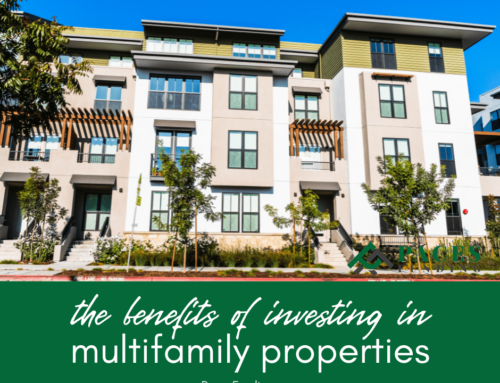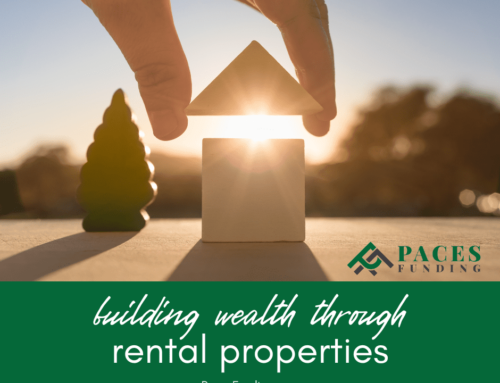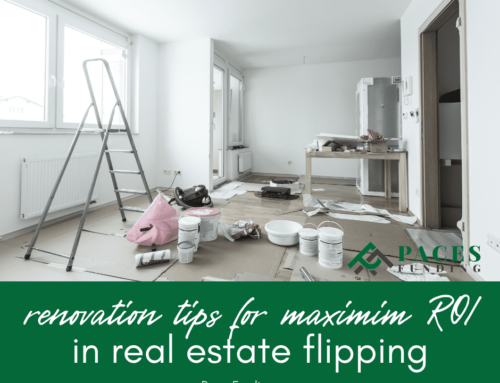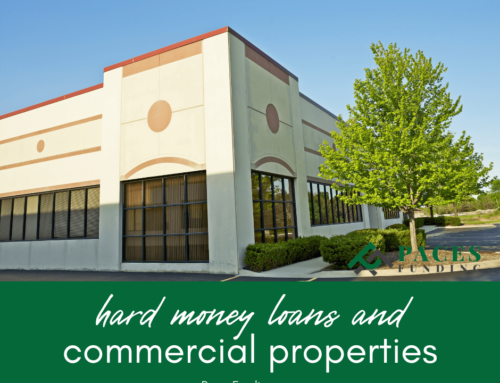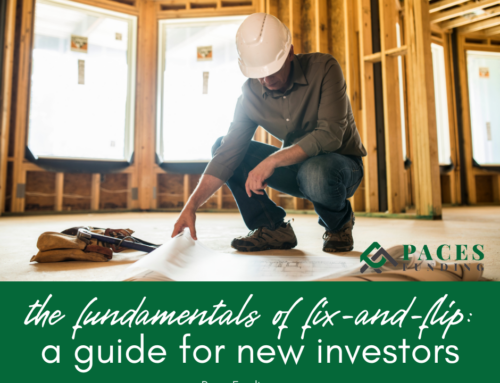
Tenants’ Improvements and Betterments (TIBs)
Tenants’ improvements and betterments (or TIBs) are when a renter makes changes to a property or building that will increase its value. As a commercial landlord, your lease should include a clause about these upgrades and how they become your property at the time of the update. These improvements could include anything from installing new carpet, adding fixtures, or even building an addition. Basically, this means that anything your tenant attaches to your building permanently becomes yours.
Who Covers the Expenses of Insurance?
How you go about insuring these items depends on your lease. If your tenant is responsible for maintaining the improvements, they should be insuring these areas. However, the fact that your tenant is using the areas doesn’t mean you’re necessarily off the hook for coverage. Your commercial policy should safeguard anything added to your property, but you’ll need to increase the value of your building as a whole on your policy, since your tenant just did you a favor. It would be a good idea to have your attorney review any changes made to your insurance policy.
Many potential tenants look for the TIB portion of a lease right away. If you allow your tenants to make changes that will improve their business, you can develop a long-term, mutually satisfying relationship. Increasing the value of your property and having happy tenants is a real estate investor’s dream. As with any lease section, you need to cover all of your bases, and make sure the language is clear and easy for both parties to read. Having specific details laid out up front could save you a lot of grief later on.
Do You Need a Hard Money Loan in Atlanta?
If you’re looking for a hard money loan in Atlanta, we may be able to help you.
Call us at 404-814-1644 or contact us online to find out whether you might qualify for this type of funding. In the meantime, check to ensure that you meet our loan criteria. Our loan amounts can be up to 65 percent of the after-repaired value of the collateral—and if you use the loan for renovation or construction, the loan amount can be based on the collateral’s improved value.
Read our frequently asked questions and take a few minutes to learn about the hard money loan process.


